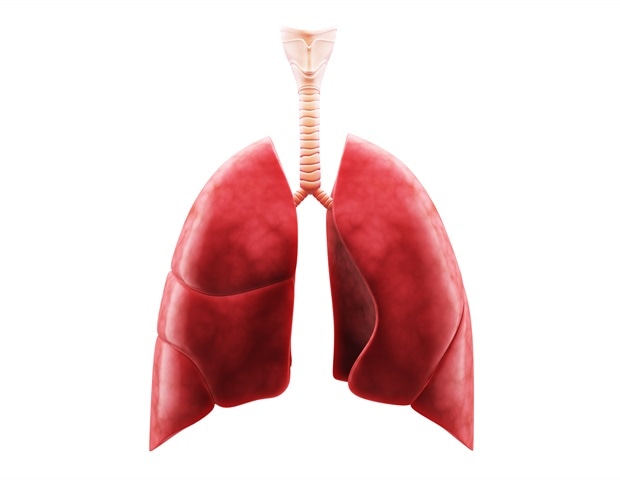
A new editorial paper was published in Oncotarget’s Volume 14 on December 20, 2023, entitled, “Therapeutically harnessing cancer stem cell-derived exosomes.”
In this editorial, researcher Yong Teng from Emory University discusses cancer stem cell-derived exosomes. Cancer stem cells (CSCs), a small population of cancer cells capable of self-renewal, are thought to serve as a central hub for tumor initiation, growth, metastasis, and recurrence. The potential for using CSCs in the diagnosis and treatment of cancer is gaining recognition. Exosomes are formed when multivesicular endosomes or multivesicular bodies fuse with the outer membrane of the cell, releasing various components such as DNA, RNA, lipids, metabolites, and cytosolic and cell surface proteins.
“Over the past decade, our understanding of the characteristics and function of cancer-associated exosomes has expanded rapidly.”
As the major messengers, exosomes present in the tumor microenvironment (TME) play a critical role in maintaining the delicate balance between CSCs and non-CSCs. Given the importance of CSCs, it is reasonable to believe that CSC-derived exosomes (CSC-Exos) are essential for communication between CSCs and other cells in the TME. Accumulating evidence has demonstrated that CSC-Exos contribute significantly to almost all fundamental aspects of cancer, including maintaining a continuous cycle of self-renewal within the TME, exerting control over neighboring or distant cells, enabling cancer cells to evade immune surveillance, and promoting immune tolerance.
“A deeper understanding of the characteristics and functions of CSC-Exos has the potential to lay the foundation for the development of novel clinical tools for diagnosis and prognosis, as well as therapies aimed at preventing tumor progression and recurrence.”
Source:
Journal reference:
Teng, Y. (2023). Therapeutically harnessing cancer stem cell-derived exosomes. Oncotarget. doi.org/10.18632/oncotarget.28542.







_6e98296023b34dfabc133638c1ef5d32-620x480.jpg)






